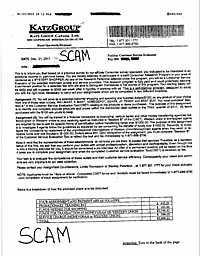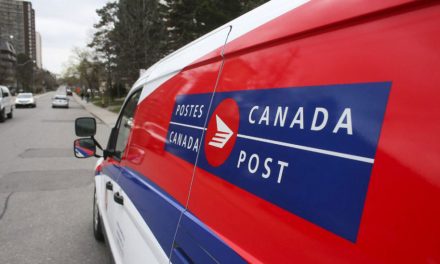
Canadian postal rates increase two cents from today
Postal rates are going up from today in Canada, with two cents being added on to the price for the basic letter. Canada Post said a standard letter up to 30g in weight goes up from 59 cents to 60c, with pricing for domestic letters up to 50g rising two cents to $1.05.
Other domestic letter weight categories will incur changes ranging between two cents and 15c, with the largest increases for the heavier categories.
Letters, cards and postcards up to 30g going to the US will have a two-cent rise to $1.05, while those going to other foreign destinations will see a five cent increase to $1.80.
Domestic registered mail sees its rate increase by 15c to $8.25.
The price changes are as Canada Post announced back in May, and are part of a five-year pricing strategy launched back in 2009, the company told Post&Parcel.
In a statement, the Corporation said price increases will help it to maintain the postal service across Canada funded by its customers, rather than through taxpayer funding. “Even with the price increases, Canadians will continue to enjoy some of the lowest postage prices in the developed world,” it said.
Canada Post calculations suggest that for the average Canadian household, purchasing 45 stamps per year would mean paying less than a dollar extra in a year with the price increases.
MoneyGram warning

Canadian consumers are being sent letters asking them to be mystery shoppers
Separately, the money transfer service MoneyGram has issued a warning to customers in Canada, including those using its services through more than 6,000 Canadian post offices, about a new “mystery shopper” scam.
The scam seeks to defraud people of thousands of dollars, said the US-based company.
Householders are sent a letter offering a job as a “mystery shopper”, tasked with testing out a retail outlet’s customer service.
Along with the letter, they are sent a counterfeit cheque, which they are asked to cash, keeping some of the funds for themselves while using the remaining funds to buy goods at specified retail outlets. They are instructed to wire the remaining portion of money to a given name via a transfer company like MoneyGram.
MoneyGram said that the victim will only later find out the cheque was fake, and that funds transferred to the named individual cannot be retrieved, leaving them responsible for covering the bad cheque.
Kristine Diehl, MoneyGram vice president global compliance, said the company was making an “aggressive” effort to educating its network of agents about this potential for fraud, and signs to recognise in helping to prevent occurrences.
“Consumers are advised to never – and we emphasise ‘never’ – wire money to anyone they don’t know. No legitimate mystery shopper programme will send payment in advance and ask the consumer to send a portion back through a money transfer service,” said Diehl.
MoneyGram has a fraud prevention website at www.moneygram-preventfraud.com.









